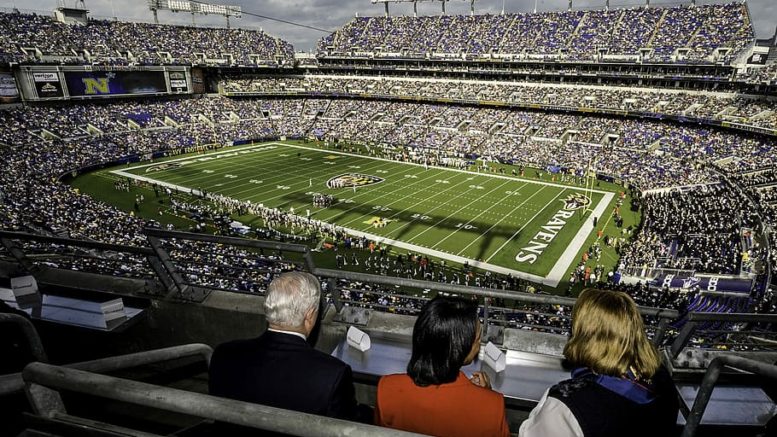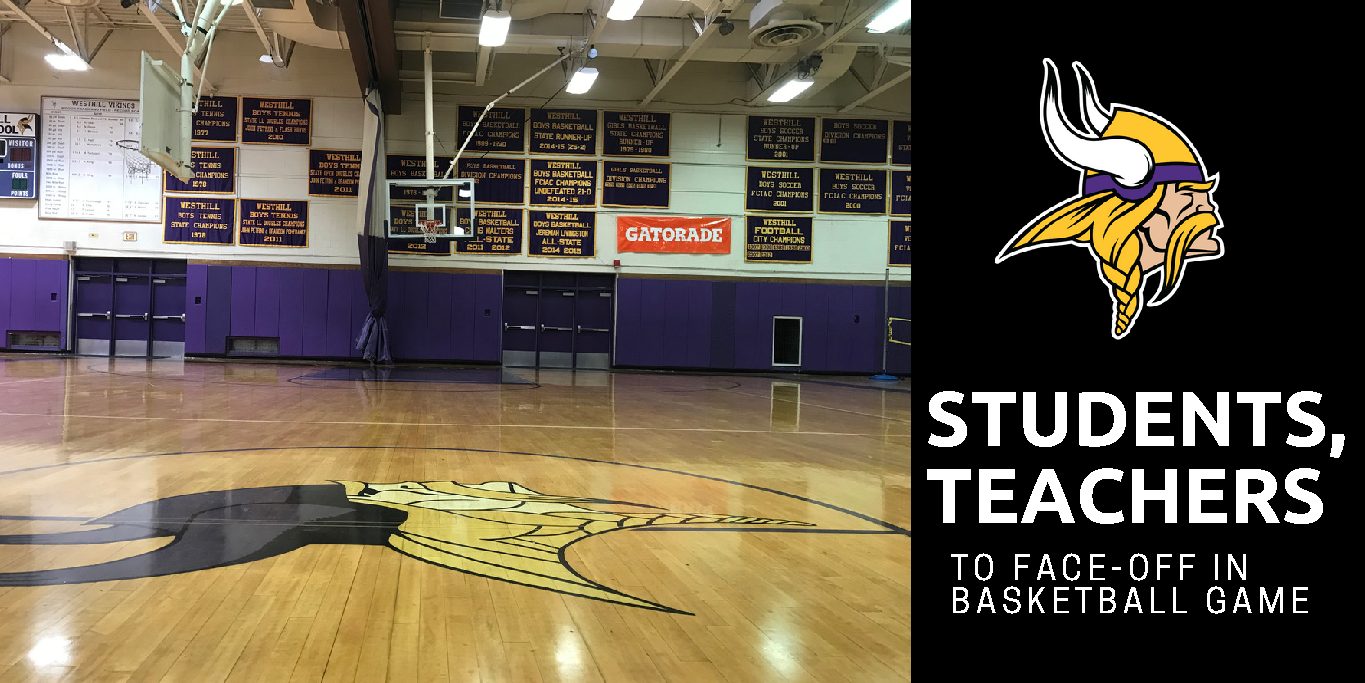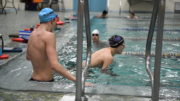Beginning in mid-March, sporting events were brought to a screeching halt in the midst of the global pandemic. Of all the major North American sports leagues, the NBA was the first to suspend its season, followed by the NHL, with the Major League Baseball suspending spring training and postponing Opening Day indefinitely, according to sports website DraftKings Nation. The Olympics have been postponed and with football season less than three months away, there is the question of whether teams will be able to start in early September. After almost three months of this standstill, some sports organizations are reformulating plans to resume sporting events in the future, many of them postponing the start of training or the season until July. As it stands, most sports leagues are still trying to figure out how to conduct contact sports and the touching, people and germs that come with them without the further spread of COVID-19. However, it seems that Europe has had better luck taking the first steps to normalcy.
In Germany, soccer has slowly restarted with the Bundesliga Football League airing new matches, albeit with new safety measures. According to NBC Sports, the first Bundesliga match took place in an empty stadium to prevent the spread of COVID-19, and players were asked not to hug each other and celebrate goals as teams. The players resorted to air high-fives and social-distancing dances to celebrate instead. Ball kids wore masks and balls were sanitized numerous times, while coaches had face masks and players sat far apart on the benches.
Despite the lack of in-person fanfare and tackling, the beginning of sporting events assuming some sort of normalcy is relieving, in a sense. A strict protocol was adhered to when players were being interviewed by the media, and while coronavirus outbreaks may be inevitable and certain games will be suspended, seeing other parts of the world begin to resume life can be exciting to see. According to NBC Sports, “the Bundesliga proved that normality is maybe a little closer than we all thought, as the restart during the coronavirus pandemic also taught us plenty about how sports will look everywhere else for the foreseeable future.”
As we have seen with Germany, sports will return, but they may never be the same. However, it should be acknowledged that countries in Europe have had different stay-at-home rules enacted and fewer cases of coronavirus, which does influence their timeline for reopening sporting events.
As for the United States? At this point, sporting events will be starting later rather than sooner. High-fives and fist bumps will be discouraged, and, of course, there will be no fans in the stands for the foreseeable future. Is this the end of autographs and handshakes? With no end in sight for the coronavirus, national sports leagues believe there are more risks involved in resuming sports than rewards.





